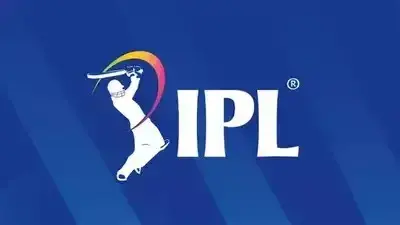Indian Premier League (IPL) 2024 to Grace Indian Shores Amidst Elections
The Board of Control for Cricket in India (BCCI) has decided to host the upcoming Indian Premier League (IPL) 2024 in India, despite the coinciding general elections. The cricket extravaganza is slated to kick off on March 22, synchronizing with the announcement of election dates, presenting a unique challenge for organizers. A BCCI source has quashed speculations of moving the tournament abroad, asserting, “There are no plans to shift the tournament outside the country, considering the general elections will also take place during that time. However, if any state provides valid reasons for not hosting matches, contingency plans include relocating matches to alternative venues.” The IPL 2024 auction, held in Dubai last month, witnessed unprecedented fervor as Australian speedster Mitchell Starc smashed records to become the highest-paid player in IPL history, securing a jaw-dropping Rs 24.75 crore deal with the Kolkata Knight Riders. The auction, boasting a 57% surge in viewership compared to the previous edition, garnered a total of 22.8 million viewers, according to BCCI Secretary Jay Shah. Defending champions, the Chennai Super Kings, led by the iconic MS Dhoni, are gearing up to retain their title. Kasi Viswanathan, CEO of the franchise, expressed confidence in Dhoni’s return, stating, “He has recovered well from his knee injury, undergoing rehabilitation programs and has commenced training. I am confident he will be fit to play by the start of the next IPL”.
Indian Premier League (IPL) 2024 to Grace Indian Shores Amidst Elections Read More »


